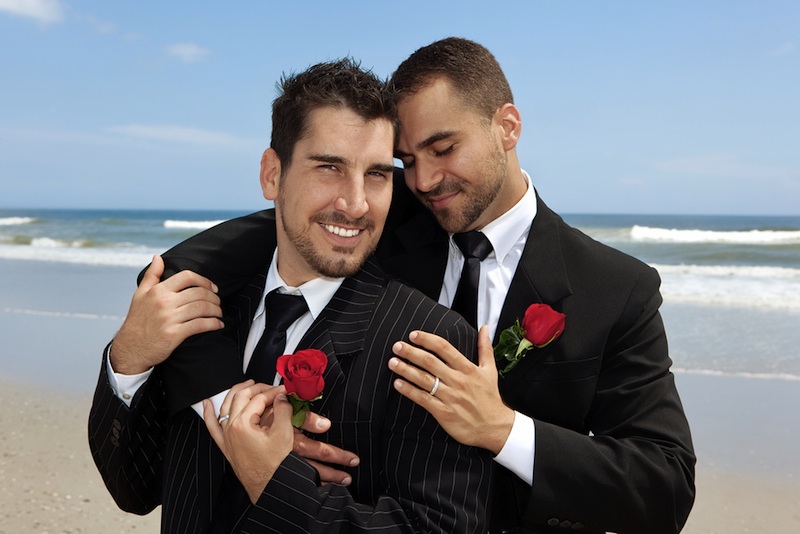Views on Gay People Shift in Singapore

Get the world’s most fascinating discoveries delivered straight to your inbox.
You are now subscribed
Your newsletter sign-up was successful
Want to add more newsletters?
Join the club
Get full access to premium articles, exclusive features and a growing list of member rewards.
Americans' views about gay people have shifted dramatically in the past few decades. For instance, a Gallup poll last month showed that support for same-sex marriage in the United States stands at 53 percent — still a polarizing figure, but about double what it was in 1996.
New research shows that positive attitudes toward homosexuals are becoming more common in other countries, too, like Singapore, where the increasing visibility of gay people seems to be helping to move the needle.
A nationally representative survey in the Southeast Asian city-state found that in 2005, 68.6 percent of adults had negative attitudes toward gay people, while 22.9 percent had positive views and 8.5 percent were neutral. By 2010, fewer adults in Singapore had negative attitudes toward homosexuals (64.5 percent), while more expressed positive attitudes (25.3 percent) or were neutral (10.2 percent), the survey found.
Researchers found that older people and those with lower levels of education and income tend to be less accepting of gay people. Meanwhile, those with a more Western cultural orientation and those who don't greatly value conforming to social norms tend to be more accepting of homosexuals, the study showed.
Singapore's citizens and residents with gay or lesbian family members, friends, or coworkers are also less likely to have negative attitudes about homosexuals, the survey found. And those who watched more films and television shows with gay characters were more likely to express positive attitudes toward gay people.
"As more Singaporeans come into contact with gay people and with the rising availability of films and television programmes with gay characters via cable television, local cinemas and the Internet, it seems possible that there will be a more significant shift in attitudes towards gays and lesbians over time," researcher Shirley Ho, of Singapore's Nanyang Technological University, said in a statement.
Various ideas have been put forth to explain prejudice against gay people, with one line of research finding that children with low intelligence are more likely to hold prejudiced attitudes as adults. That link between low IQ and prejudice, including low acceptance of homosexuals, may be explained by the fact that low-intelligence adults tended to gravitate toward socially conservative ideologies, which stress hierarchy and resistance to change — attitudes that can contribute to prejudice.
Get the world’s most fascinating discoveries delivered straight to your inbox.
The research was detailed in the Asian Journal of Social Psychology in December.
Follow LiveScience on Twitter @livescience. We're also on Facebook & Google+.

 Live Science Plus
Live Science Plus










